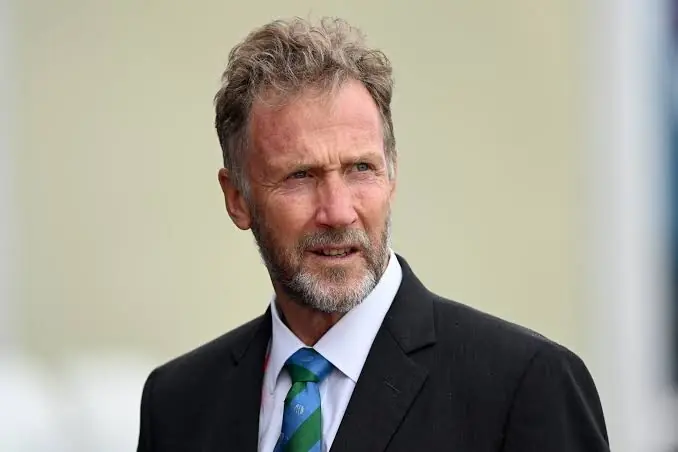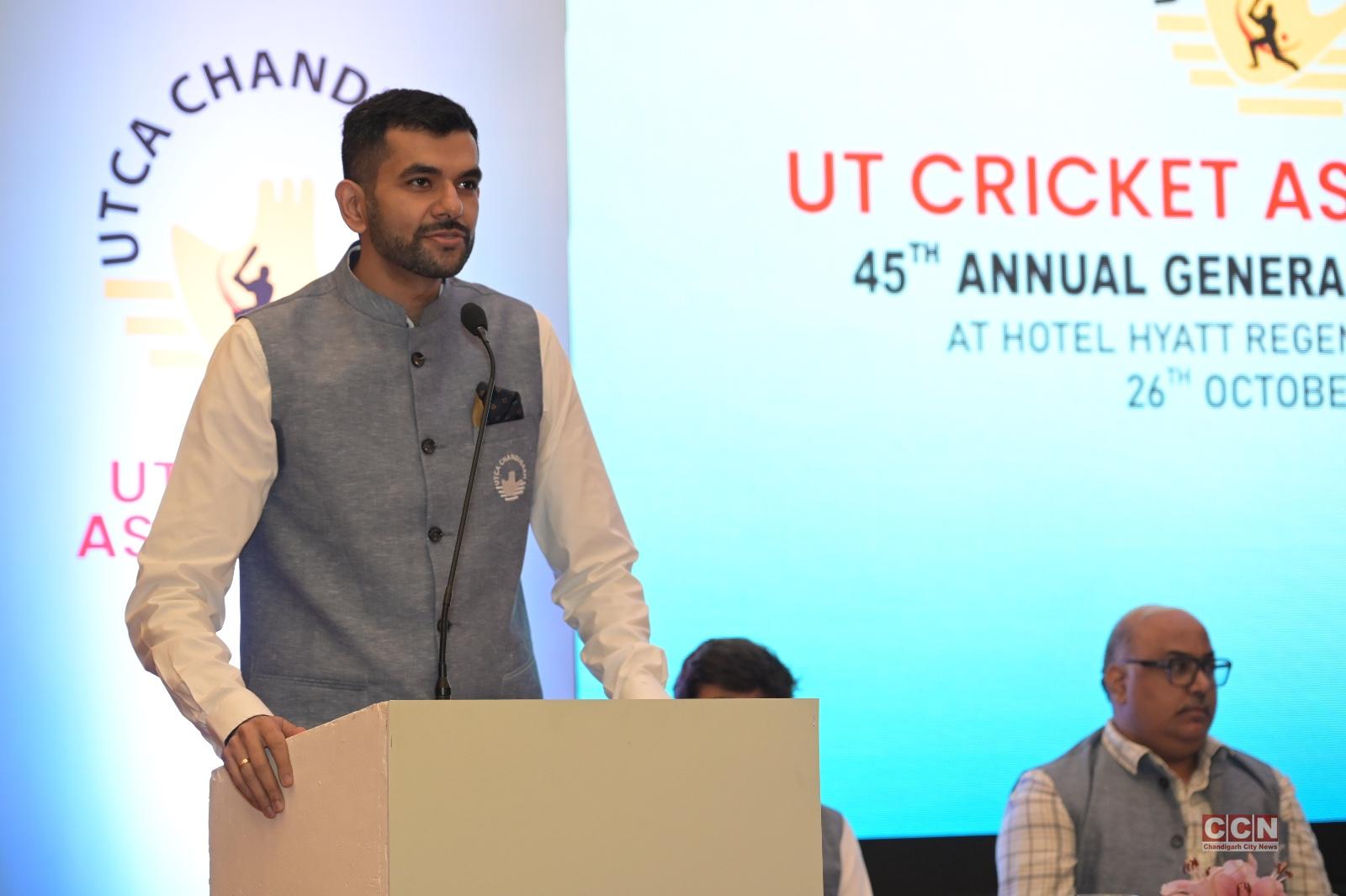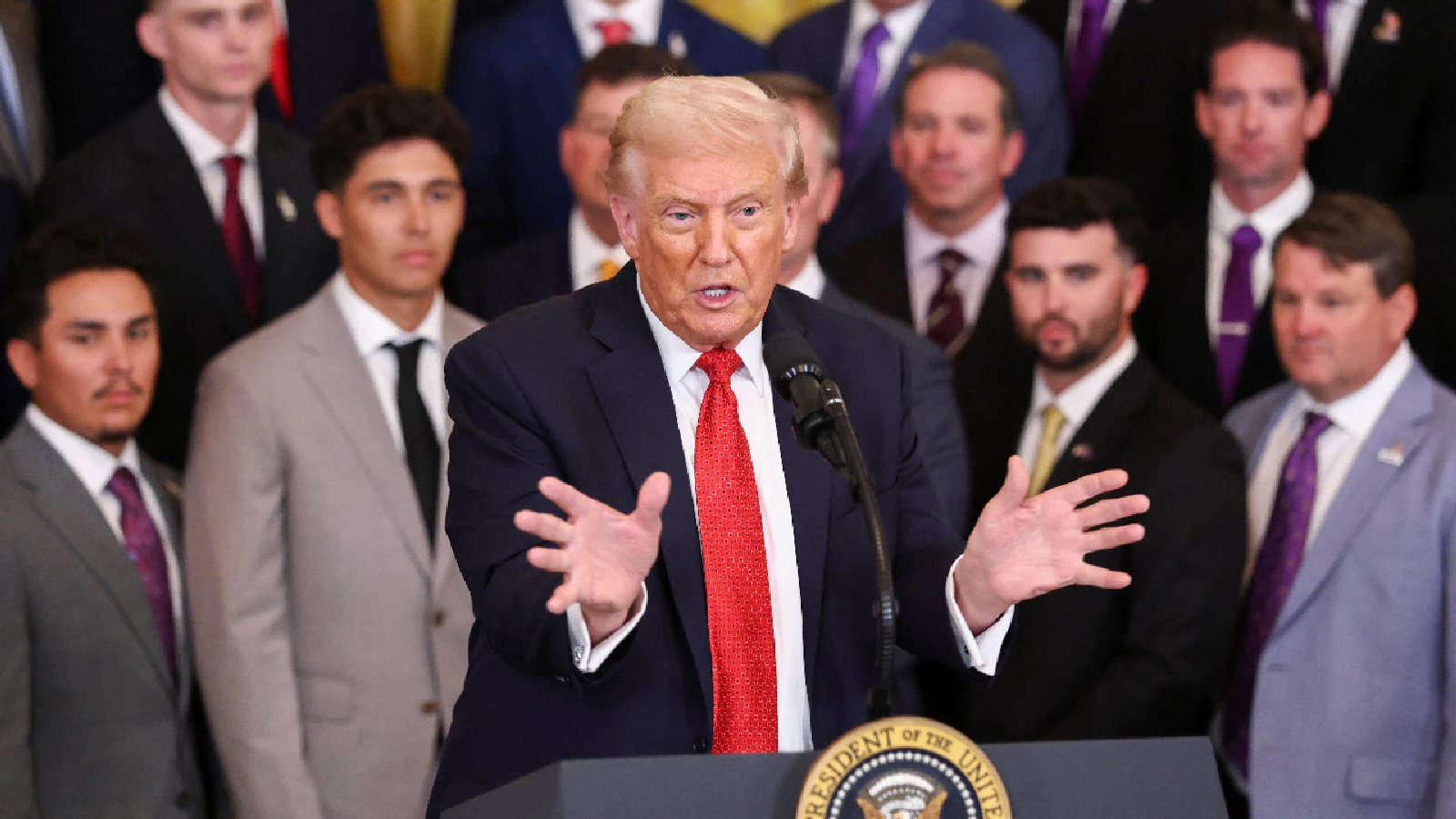Copyright brecorder

Former England cricketer-turned-match-referee Chris Broad has raised serious questions about the impartiality of the International Cricket Council (ICC) when it comes to the handling of the Indian national team. In an interview with The Telegraph, Broad, who officiated as match referee from 2003 to 2024, claimed that at one point he was instructed to be “lenient” with the Indian side when they had fallen behind on required over-rate, reportedly because “it’s India”. According to Broad, in a match in which India were “three, four overs down at the end of a game so it constituted a fine”, he received a phone call saying: “‘Be lenient, find some time because it’s India’.” Indian minister blames Australian cricketers over Indore molestation incident He adds that he and other officials were told to adjust the report so the team would not be fined. The former referee also said that in the very next game, when the same team again failed to keep the over-rate, he contacted his superiors and was told: “Just do him.”In other words: fine the captain, but only after the so-called leniency had been expended. Broad went further, asserting that the Indian cricket administration has, in his view, become disproportionately influential within the ICC’s governance structure. He commented: “India got all the money and have now taken over the ICC in many ways.” His revelations have triggered debate in South Asia about standards of fairness, the autonomy of match officials, and whether the power of large cricketing nations undermines regulatory consistency. Mohsin Naqvi rejects Indian media claim of apology to BCCI over Asia Cup trophy For Pakistani readers and regional boards, Broad’s allegations carry multiple implications. First, they highlight the pressure that match officials may face when big-market nations (such as India) are involved—potentially leading to divergent enforcement of the rules. Second, his comments suggest that sporting governance is not purely meritocratic but may be influenced by revenue-driven geopolitics. Third, these claims raise fresh questions for the Board of Control for Cricket in India (BCCI) and ICC about transparency and equal treatment. From Islamabad to Karachi, where cricket administrators often feel the tug of power centres in the global game, the story serves as a cautionary reminder: no matter how dominant one country becomes, the perception, or reality, of unequal treatment can corrode trust in the system. Broad said he last refereed in February 2024 and is “pleased I’m not around because it’s a much more political position now than it ever has been.” In a sport where rules are meant to apply evenly, Broad’s take-away is blunt: “Right and wrong… in certain parts of the world it’s a bit like the River Ganges – right and wrong are so far apart and there’s a lot of dirty water in between them that you have to deal with.” Whether the ICC or BCCI will respond remains to be seen. But for cricket boards across South Asia, the interview offers a striking lens on how governance, finances and authority intersect—and how smaller cricketing nations must remain vigilant if they hope to compete on an even playing field.



